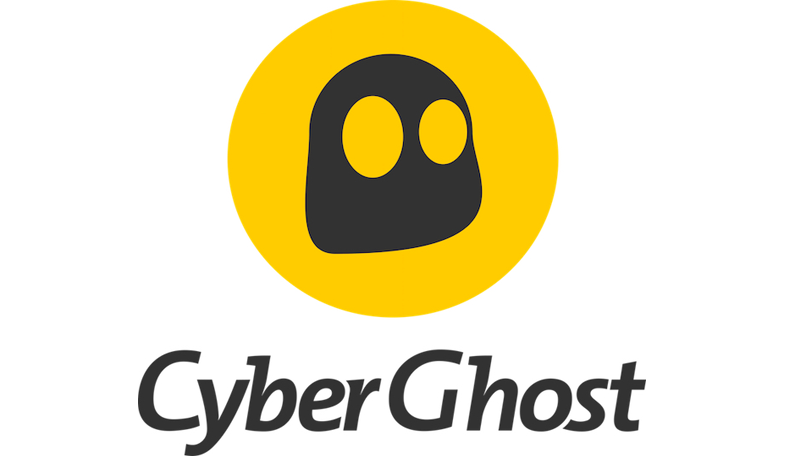What Is a Firewall and How Can a VPN Bypass It? 2025
A firewall filters internet traffic based on security rules to protect devices and networks from malicious access. However, some advanced VPNs like NordVPN can bypass many firewalls using encryption, tunneling, and obfuscation technologies.
While not all firewalls can be bypassed (especially those using Deep Packet Inspection), NordVPN has proven highly effective in most cases.
We Recommend NordVPN as we’ve tested it extensively with firewalls—it performs exceptionally well.
A firewall is a digital gatekeeper that monitors and filters incoming and outgoing traffic based on predefined security rules. It blocks unauthorized access while allowing legitimate communication, protecting networks and devices from hackers, malware, and unauthorized data leaks.
Firewalls can be:
- Software-based (installed on devices)
- Hardware-based (standalone appliances)
- Cloud or hybrid models (used by enterprises)
They can inspect traffic at various levels—network, transport, or application—and are essential for both home and business cybersecurity setups.
Firewalls operate using two main techniques:
- Stateful inspection: Tracks active connections and filters traffic based on the connection’s state.
- Stateless inspection: Evaluates each packet individually without tracking connections.
Additionally, firewalls can operate in:
- Transparent mode: Acts as a bridge between networks without changing IP addresses.
- Routed mode: Functions as a traditional router, directing traffic between different segments.
They also control access based on:
- IP addresses
- Ports (e.g., HTTP on port 80, HTTPS on 443)
- Protocols (TCP, UDP)
Without a firewall, your system is vulnerable to:
- Unwanted intrusions and hacks
- Malware and ransomware infections
- Data exfiltration and surveillance
Benefits of a firewall include:
- ✅ Filtering malicious traffic
- ✅ Monitoring unauthorized access attempts
- ✅ Enforcing internal security policies
- ✅ Logging activity for auditing and incident response
A VPN (Virtual Private Network) encrypts your internet connection and routes it through a secure server, hiding your IP address and shielding your online activity from tracking or interference.
Key features of a VPN:
- 🔒 Data Encryption: Prevents ISPs, hackers, and firewalls from reading your traffic
- 🌐 IP Masking: Replaces your real IP with one from the VPN server
- 📺 Content Unblocking: Access restricted websites, platforms, and services
- 🛡️ Public Wi-Fi Protection: Secures your data on open networks
Yes. Governments and ISPs may block VPNs using:
- Port blocking (e.g., port 1194 for OpenVPN)
- Blacklisting known VPN IP addresses
- Detecting VPN protocols through Deep Packet Inspection (DPI)
This is especially common in countries with strict censorship, like China, Russia, and Iran. However, advanced VPNs like NordVPN offer obfuscation techniques that make VPN traffic look like regular HTTPS traffic.
Some firewalls may attempt to block VPN usage—but powerful VPNs offer multiple tactics to overcome these restrictions:
- Use Different VPN Protocols:
Switch to OpenVPN, WireGuard, or NordLynx (NordVPN’s custom protocol) to evade filters. - Change VPN Ports:
Firewalls often block standard VPN ports. Switching to port 443 (used by HTTPS) disguises your traffic as regular secure web browsing. - Enable Obfuscated Servers:
These servers make your encrypted VPN traffic look like ordinary traffic, defeating DPI and censorship tools. - Use a Dedicated IP Address:
Unlike shared IPs, dedicated IPs are harder to detect as VPN endpoints. - Connect to a Different VPN Server Location:
Some firewalls block specific server IPs. Simply switching to another country or server can restore access.
✅ Use NordVPN’s Obfuscated Servers
✅ Connect through HTTPS Port 443
✅ Enable NordLynx Protocol
✅ Switch to a Dedicated IP
✅ Avoid public/free VPNs—they’re often blocked and unsafe
In most democratic countries, using a VPN is perfectly legal. However, bypassing firewalls imposed by governments or employers may violate:
- National laws (in censorship-heavy countries)
- Organizational or school policies
- Terms of service of certain platforms
Firewalls are essential tools for controlling internet traffic and protecting systems from unauthorized access. However, they can sometimes block legitimate usage or access to free information.
That’s where a powerful VPN like NordVPN comes in. It uses encrypted tunnels, obfuscated servers, and smart routing techniques to bypass even advanced firewall technologies—giving you unrestricted, secure access to the internet.
NordVPN offers obfuscated servers, encrypted protocols, and blazing-fast connections to help you break through firewalls without detection.
I'm a technology cyber expert and VPN expert. I love to stay up-to-date on the latest tech trends and explore new ways to use technology to improve my life. I also enjoy writing about these topics.
Peace ✌️


